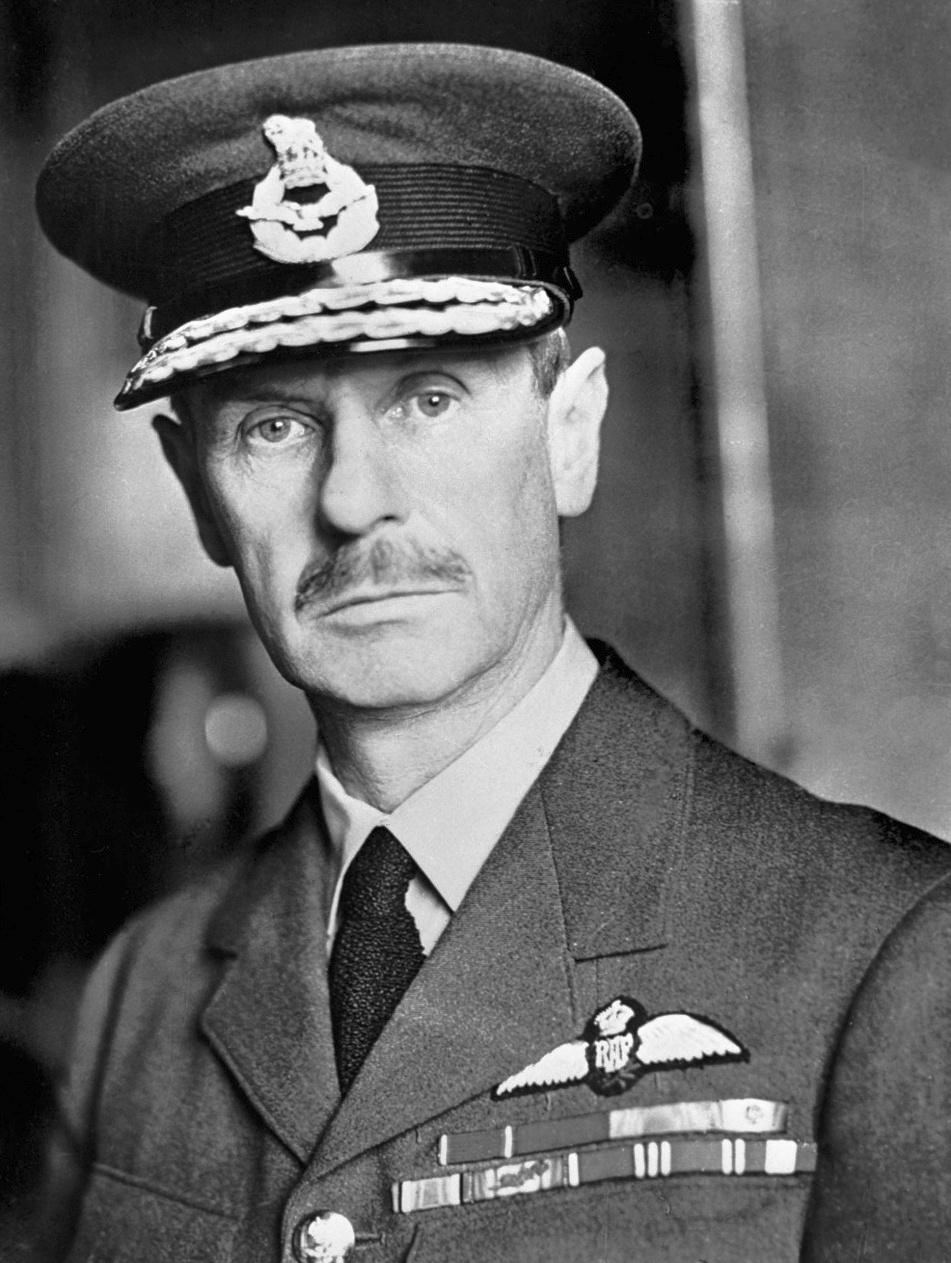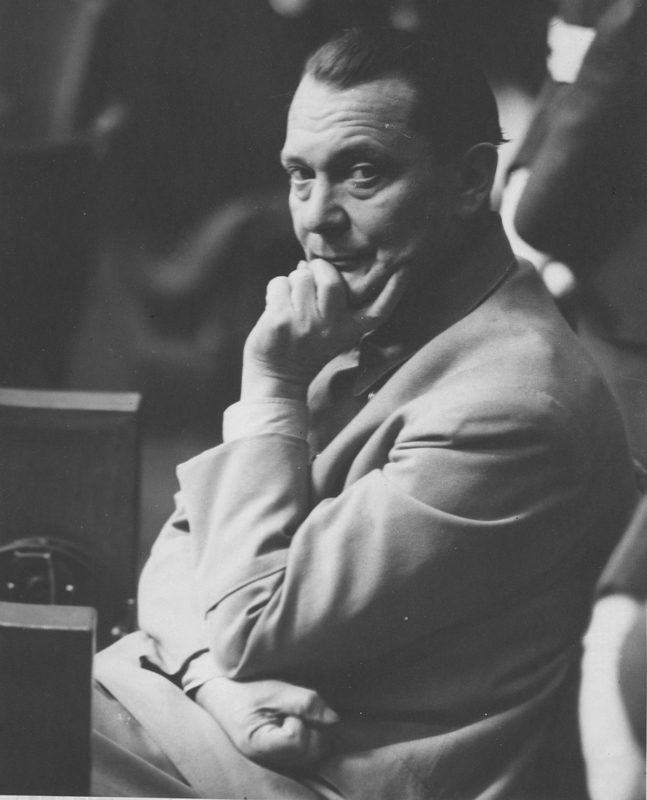
This is was first and only all air battle of World War II. There were no land or sea aspects to this engagement. It took place from July 10, 1940 to October 31, 1940. Germany had intended to win this air battle then lauch Operation Sea Lion to invade Britain. By the end of October 1940, Germany abandoned this plan and turned to the invasion of Russia.
Although the war wasn't over (continued until may 1945), the Allied Forces maintained the Island of Britain as a base for all operations against Germany. The USA sent troops to the European war beginning in 1942. Approximately 3,000,000 passed through Britain.
The winning of the Battle of Britain was absolutely essential for the eventual overthrow of Nazi Occupied Europe.
Battle of Britain (Only Air to Air Combat, No Land or Sea Battles)
The Battle of Britain was unusual. It was an all air battle. Aircraft only, no navies nor armies. The entire battle took place in the air, over South Esat England and the English Channel. For Britain, the two primary aircraft used were the Hurricane and Spitfire. Other aircraft such as the Bolton-Paul Defiant and the Fairey Battle were soon shown to be inadequate and withdrawn from the battle. Many Fairey Battle aircraft were shipped to Canada for training new airmen.
Two Very Different Commanders
-
 Lord Hugh Dowding - Air Chief Marshall RAF Fighter Command
Lord Hugh Dowding - Air Chief Marshall RAF Fighter CommandLord Hugh Dowding - Air Chief Marshall, RAF Fighter Command. Dowding was a humble man, who ignored Churchill's order to maintain an airforce in France, but rather had concluded that Britain had scarce air resources, and defence of Britain was paramount. He would not risk losing aircraft in France - history proves him correct. It was Dowding's humble and analystic approach that saved Britain. He invested heavily in radar (new technology) and ground observer stations, so that the RAF could track the incoming fighters and bombers. He deployed aircraft sparingly and strategically. He also discounted the exhuberant claims of his men on their air success. He chose to believe a lesser estimate of their claims. He was careful and shrewd in his deployment of aircraft.
Lord Dowding's name is chiselled into the wall at the Battle of Britain memorial in Wetminster Abbey in London - a fitting tribute to a humble and determibed man.
-
 International Military Tribunal Nuremberg.
International Military Tribunal Nuremberg.Hermann Goering - commander-in-chief of the Luftwaffe (air force). Goering was the opposite of Lord Dowding. He was a brash, bigger than life character, who absolutely expected to win, and believed it would be easy. When his flyers made exaggerated claims of victory, it was exactly what he wanted to hear, and he believed it all. Goering did not stick to his strategy, and when they were winning by targetting airfields and radar, he was easily swayed to change startegy, ultimatley leading to the Luftwaffe losing the Battle of Britain.
Pictured at right: Defendant Hermann Goering in the prisoners' dock at the International Military Tribunal trial of war criminals at Nuremberg. Goering was the former head of the Luftwaffe and was at one time second in command to Hitler.
Turning Point - Sunday August 25 1940
The Accidental Bombing of London:
To get to 11 Group's sector airfields - ringed round London - Kesselring often routed one raid direct and another along the great blind spot created by the Thames Estuary. In the small hours of Sunday 25 August a night raid used the Estuary route to the oil tanks at Thameshaven. The crew of one aircraft lost their way, continued too far westwards, and dropped their bombs. They hit the City of London. The raid caused more dismay among the British War Cabinet and the staff of Air Fleet 2 than among the Londoners. The outer suburbs had already been bombed and Londoners had been expecting raids. The bomb-load of just one errant bomber was a gentle introduction to total war.
Just as the Rotterdam bombing prompted the 15 May War Cabinet to send the RAF to bomb the Ruhr next day, so now did Churchill authorize an immediate reprisal raid upon Berlin. During this period RAF Bomber Command believed themselves to be reducing the scale of German air attack by bombing aircraft assembly plants. Now eighty-one RAF bombers departed for Berlin on the night of Sunday 25 August. More civilians died. Here bombs were unexpected: the Nazi leaders had promised that Berlin was inviolable. They vowed to avenge the 'atrocities'. So began a chain of incidents that eventually ended not only the Battle of Britain, but - at Hiroshima - the war. Excerpt from "Fighter" by Len Deighton
Reprisal:
Outcome:
The alternate bombing of Berlin and London, caused The German Luftwaffe to change strategy. They had been successfully destroying British air fields and radar installations. The Luftwaffer strategy was starting to take a significant toll on RAF Fighter Command operations. But now with the switch to bombing London and letting fighter command rebuild its infrastructure, the tide was turing, and RAF Fighter Command would ultimately be victorious.
Blitz and Counter-Blitz
On 24 August 1940 the first German bombs fell in central London; several had already fallen in suburban areas. On the following night, 25/26 August, more than eighty British bombers struck, for the first time, at Berlin. There were few casualties on either side, but a deadly confrontation had begun.
The next German air raid on London was by day on 26 August. Learning of a British bombing raid on Leipzig that same day, Churchill wrote to Sinclair [Minister of Air War]: "Now that they have begun to molest the capital, I want you to hit them hard, and Berlin is the place to hit them." While London was being pounded almost every night by German bombers, these smaller raids against Berlin helped raise British morale. International Churchill Society
![]() How Battle of Britain Won? (animated)
How Battle of Britain Won? (animated)
![]() The Man Who Saved Britain (Air Chief Marshal Hugh Caswall Tremenheere Dowding)
The Man Who Saved Britain (Air Chief Marshal Hugh Caswall Tremenheere Dowding)
![]() Thirteen Hours that Saved Britain (Black Thursday)
Thirteen Hours that Saved Britain (Black Thursday)
![]() Lord Beaverbrook (Minister of Aircraft Production)
Lord Beaverbrook (Minister of Aircraft Production)
"Never in the field of human conflict was so much owed by so many to so few", referring to the ongoing efforts of the Royal Air Force crews who were at the time fighting the Battle of Britain, the pivotal air battle with the German Luftwaffe, with Britain expecting an invasion. Pilots who fought in the battle have been known as The Few ever since; at times being specially commemorated on 15 September, "Battle of Britain Day". Wikipedia
![]() Never was so much owed by so many to so few - Winston Churchill Speeches (3:19)
Never was so much owed by so many to so few - Winston Churchill Speeches (3:19)
Aircraft
Battle of Britain SlidesAir War Casualtues: Battle of Britain (24)
Assignment
- Watch the videos above and read the material.
- Choose any of the flyers below, look at their picture, see where they are from, find their home on the map. These Canadians were Killed in Action during the Battle of britain. Think about their age. Richard Alexander Howley was 20 years old. How close is it to your age? Read the material, watch the videos.
- Answer the questions below.

